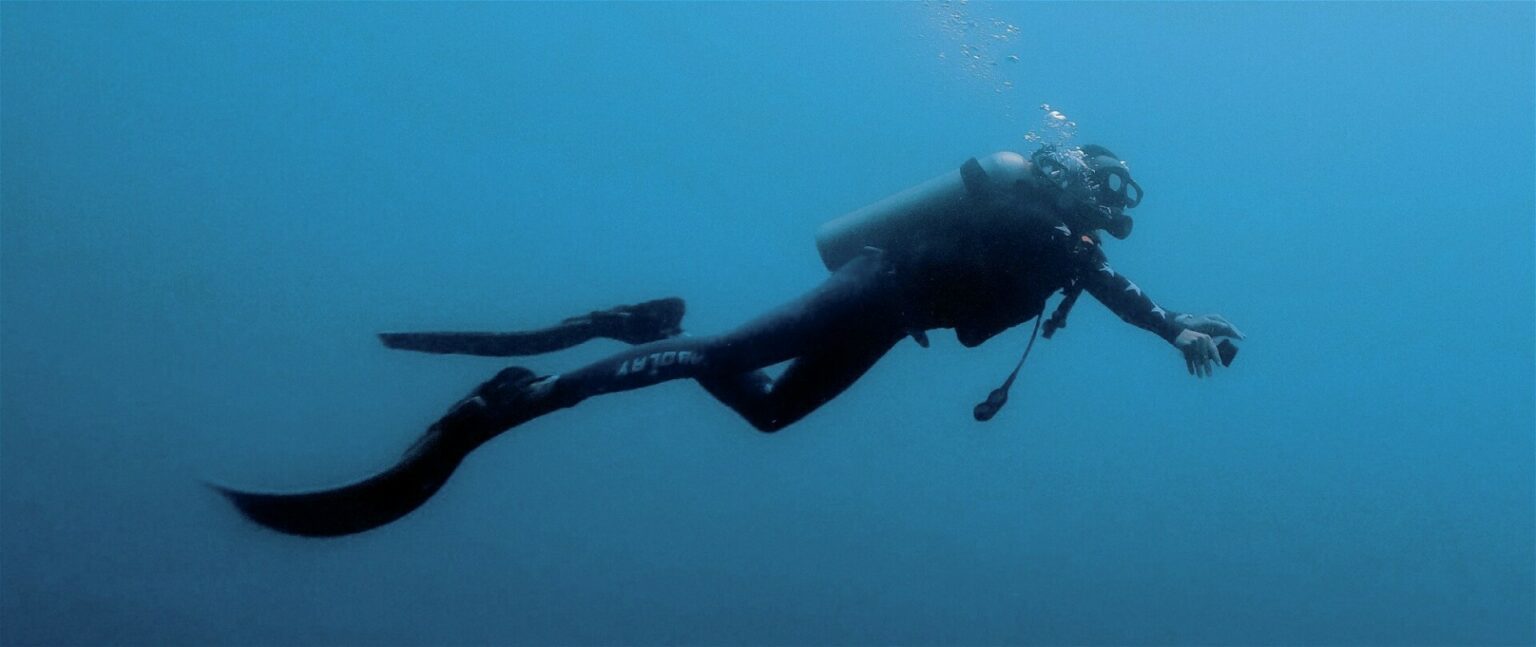Q. I think I have a middle-ear squeeze from yesterday’s dive, and we are due to fly home in a couple of days. I have stopped diving because of the symptoms. My ear feels clogged, and I don’t feel like I can equalise. Am I going to be safe to fly?
You were wise to stop diving. Continuing to dive with a pre-existing ear squeeze (barotrauma) can aggravate the symptoms and even cause permanent injury.
If you experience serious or worsening symptoms such as balance problems, vertigo, intense pain, nausea, hearing loss (not just muffled hearing) or persistent ringing or roaring in the ear, seek prompt medical attention from a local physician before flying.
Fortunately, the symptoms you describe fall into the less-serious category. A clogged sensation in the ears, the sensation of ‘water in the ears’, muffled hearing and a clicking or bubbling noise are less likely to be a problem for a flight planned two days in the future, but these symptoms may still warrant evaluation and treatment from a local doctor.
Whether flying or diving, you need to be able to equalise the pressure in your ears.
The pressure changes inside a commercial aircraft cabin are far less dramatic than those encountered while diving and are typically not enough to cause further injury in the case of mild, properly treated barotrauma, but an inability to equalise will create significant discomfort.
To reduce symptoms and improve equalisation, a doctor will usually recommend over-the-counter medications such as decongestants and/or anti-inflammatories. More serious symptoms may require prescription medications.

Preventing Immersion Pulmonary Oedema
Q: I had difficulty breathing during a dive and was in respiratory distress when I got back on the boat. I was later diagnosed with immersion pulmonary oedema (IPE). How can I prevent IPE from happening again?
A: Pulmonary oedema is believed to be a manifestation of relative pulmonary capillary hypertension, which means there is increased pressure in the capillaries relative to the pressure in the alveoli. This condition causes fluid to leak from the capillaries into the alveoli, where gas exchange occurs, and inhibits your body from necessary gas exchange, causing you to feel like you’re drowning.
Immersion in water causes a fluid shift from the extremities to the core circulation. Normal physiology can deal with reasonable volume shifts, but factors may arise that prevent the system from handling the additional fluid as needed and can cause pulmonary oedema. These factors, for example, can be issues involving the heart chambers, valves, hypertension, pulmonary conditions, overhydration, constrictive gear, negative airway pressures (e.g., from a poorly tuned regulator), or excessive effort. Several of these factors are usually present to cause IPE.
Immersion in water always comes with some risk, but we can help mitigate these risks by hydrating appropriately (but not too much), ensuring gear fits well and is serviced, getting regular check-ups, and having fitness-to-dive examinations prior to diving when your health status changes.
This article was originally published in Scuba Diver UK #77
Subscribe digitally and read more great stories like this from anywhere in the world in a mobile-friendly format. Linked from Flying with middle-ear squeeze-DAN World








